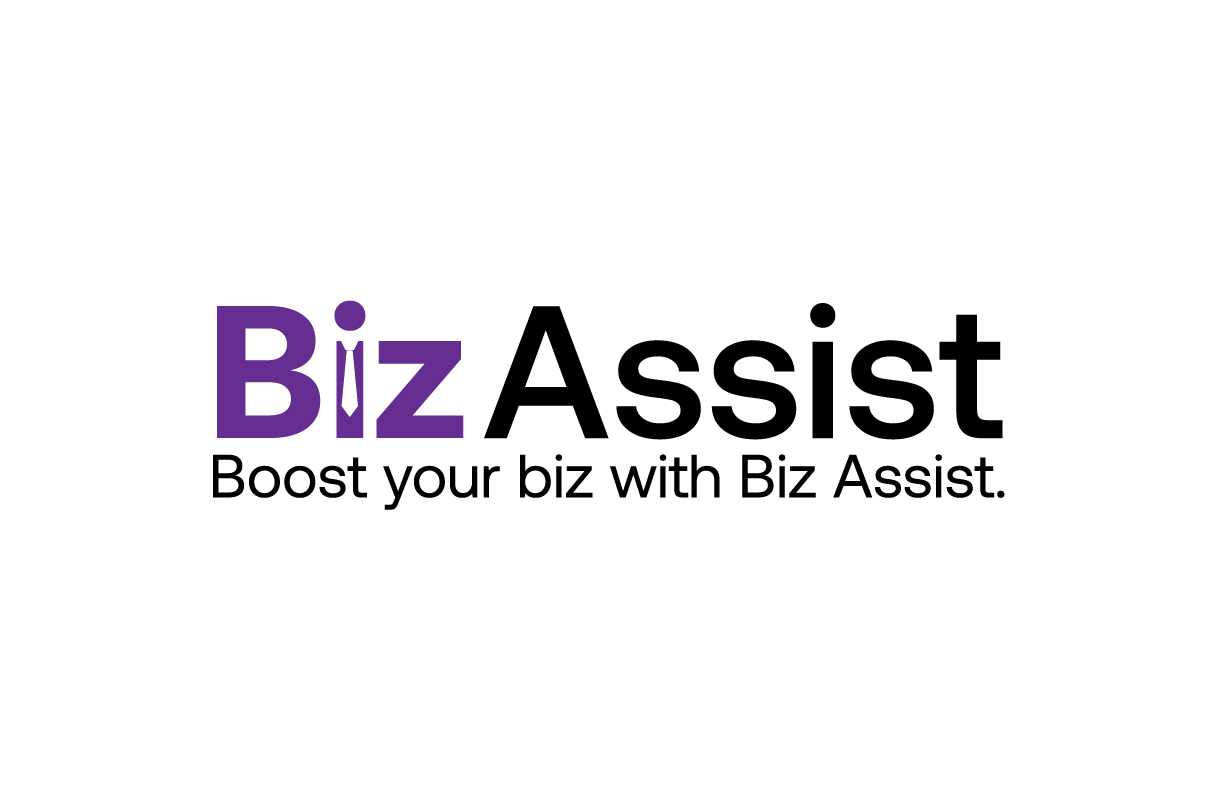A Proposal Success story
I was recently helping a client to price a proposal for a significant contract.
She had done everything right. The team she assembled had read the evaluation criteria and addressed all of the items that required addressing in the RFP. She had enlisted the right expertise to help her define and cost the services that she was going to need to provide. The team had looked at the cashflow side of things to come up with an appropriate payment system that would ensure that the contract would be cashflow positive through the contract.
The proposal was excellent.
The client was shortlisted and asked to present to an evaluation team. The client’s team did a sterling job of presentation. A short while later, they were told that they were the preferred Service Provider and asked to attend another meeting.
At the meeting the team were congratulated on their success and told they were not the lowest priced tenderer and nor were they the highest. The problem was that while the Customer could see that the service that my client was going to provide was very high quality the price was too high and was there anyway that it could be reduced to fit the budget?
There was great discussion and some options kicked around that gave my client some options to work on.
My client and her team went away and worked on this. They found that they were able to meet the requests of the Customer, restructure their payment system, remain cashflow positive and make a more than acceptable return.
This is a great story but unfortunately not such a common one when it comes to pricing proposals. Often, you don’t get that second chance to submit.
A guide to success
Fortunately, there are some things you can do to give your proposals the best chance for success. Here are some easy tips to help you be as successful as my client:
- Read the documentation thoroughly and make notes of requirements and evaluation criteria. This gives you an idea of where to put the most effort in your written proposal.
- Make sure you know the deadlines for submitting pricing and also the award timeframe. If the deadlines are too close for you to give the proposal proper attention, do not be afraid to ask for an extension. Do this as early as possible.
- If there is some external information required, such as insurance costs, quotes for materials, costs of bonds and so forth, that take time, get those requests off early.
- If you are uncertain on some aspects, get help from others that know about them. Sometimes this will cost you money but it will be money well spent.
- When pricing, think about how much margin you are prepared to accept for this project. This can be in dollar terms or a percentage and may be set at different levels depending on how much you need the work, how many competitors are pricing the job and so on.
- Always submit a bid that complies with the Customer’s requests and if you have some alternative ideas that may be better for the customer, then submit them as an appendix or alternative bid.
- Always look at and understand the payment terms of the contract, then look at how the cashflow will work for the contract. Always offer something that works for you rather than just accepting. This may mean that you need to talk to your suppliers to get them to accept the same payment terms so that you are not needing to pay them before you get paid.
- Always look at what it is going to cost you to set up for the project and make you get an upfront payment to more than cover this.
- Be careful of the impact of retentions on cashflow.
Hands on Assistance is available
There is a lot of pressure to get a proposal right and it can be an intimidating process to go through. Fortunately, you are able to seek expert advice on how to correctly assemble your next proposal.
If you are responding to requests for pricing or putting together a proposal and need reassurance or guidance, go to someone with experience for that assistance. Graeme from Biz Assist has years of experience in these matters so feel free to make contact with him if you need help.

